COP29: What is it? What will it focus on? What does Trump mean for climate action?
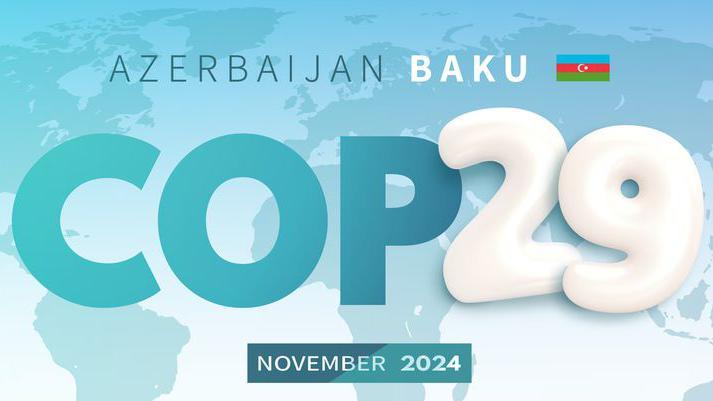
- Published
Over the next twelve days, world leaders are attending the world's most important meeting on climate change - COP29.
They are expected to discuss a range of issues, including how to limit long-term global temperature rises to 1.5C - a target set by the Paris Agreement.
However, some experts are worried about how Donald Trump's recent election victory in the US could impact climate goals and the future of COP.
But, what does COP stand for, and what can we expect to see happen?
Keep reading to find out everything you need to know about COP29.
More like this
Climate change: What is it?
- Published20 January 2020
Antelopes, rubbish and fish are big winners at the Earthshot Prize
- Published7 November 2024
The satellites spotting plastic waste from space
- Published8 November 2024
What is COP and what does it mean?
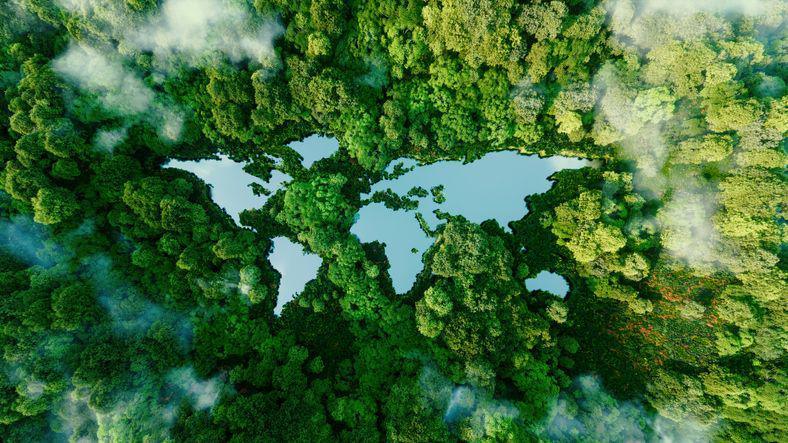
COP stands for 'Conference of the Parties' and is attended by countries that signed the United Nations Framework Convention on Climate Change (UNFCCC).
That was an agreement made in 1992 when countries committed to avoiding any behaviours that could lead to "dangerous climate change".
The first COP took place in 1995, and since then, world governments have been coming together to make plans on how to tackle the growing climate change crisis.
The 2024 event is the 29th meeting, which is why it's called COP29.
The conference takes place every year, unless the countries involved decide otherwise.
When and where is COP29 taking place?
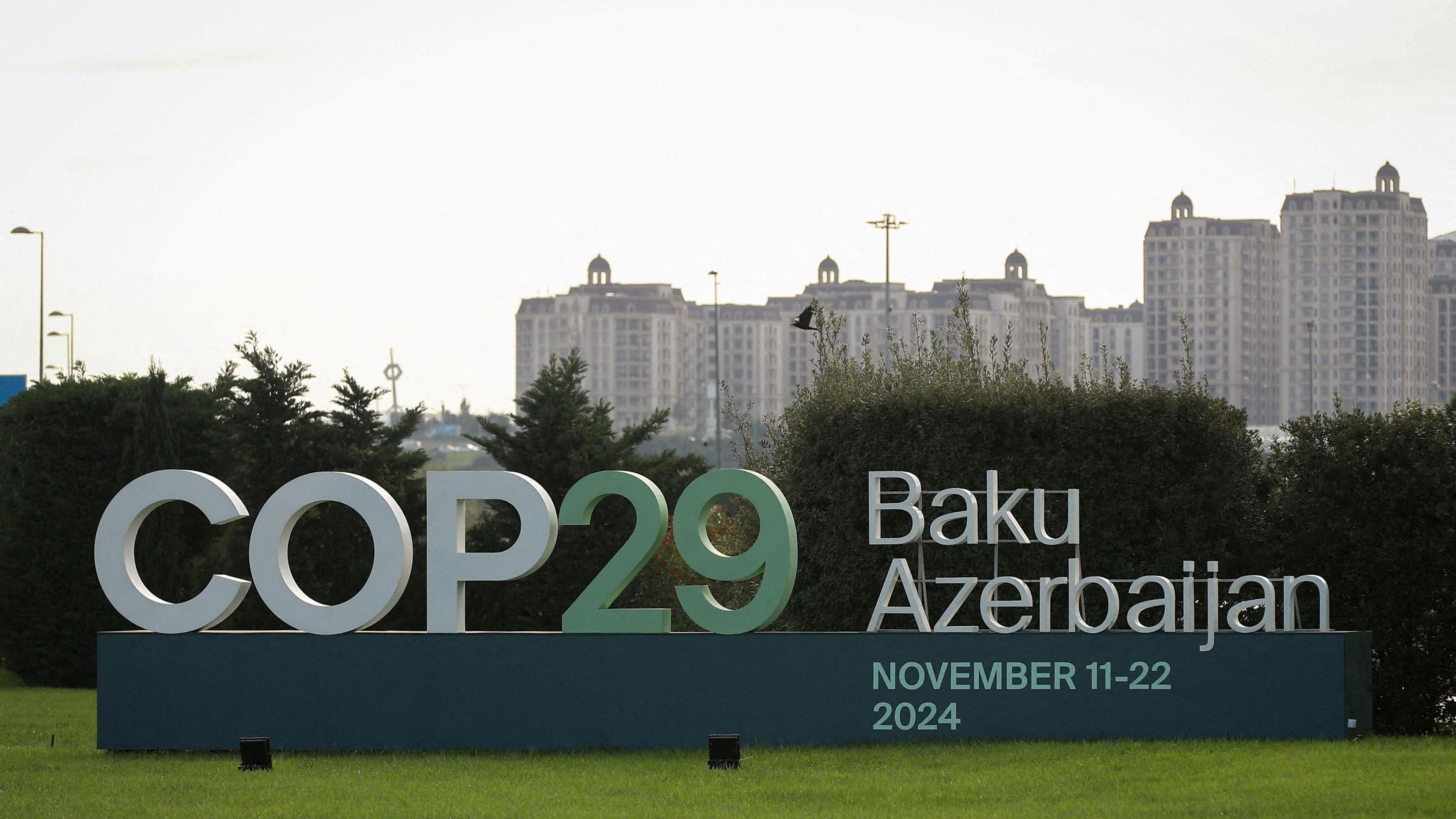
COP29 is the latest edition of the world's most important meeting on climate change.
It will take place in Azerbaijan's capital Baku from 11 to 22 November.
Who will attend COP29 in Baku?
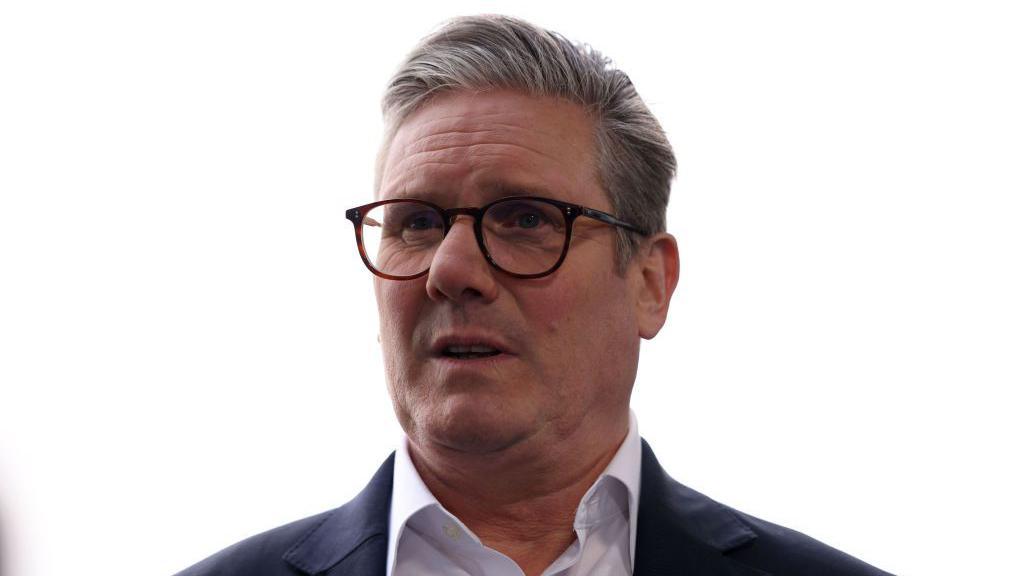
Presidents and prime ministers from around the world normally attend these conferences.
It's thought that nearly 200 countries will be represented in the Azerbaijani capital.
UK Prime Minister Sir Keir Starmer told the conference on Tuesday that he is committed to a more "ambitious" climate goal. Namely, a 81% emissions cut by 2035
However, leaders of some of the biggest countries and biggest carbon emitters are not expected to attend.
They include US President Joe Biden, China's leader Xi Jinping, India’s Prime Minister Narendra Modi and France's President Emmanuel Macron.
They are staying away for a number of different reasons, but experts think their absence won't help the conference get off to a strong start.
Climate activist Greta Thunberg also says she will not be attending COP29 because the event is "greenwashing".
What effect will Donald Trump have on climate action?
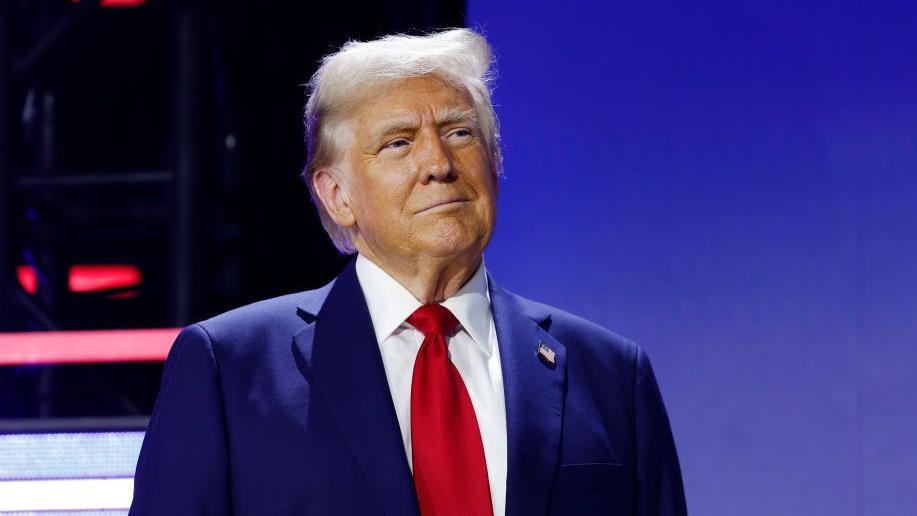
Last week, Donald Trump won the 2024 US election and will be president for a second time from January next year.
During his first presidency, Mr Trump reduced environmental protections and made America the first nation to withdraw from the Paris climate agreement.
The Paris agreement is a huge international deal agreed by leaders from 195 countries, which is one of the main ways that the world is trying to deal with climate change.
This time, he has again promised to cut climate rules and wants to scrap targets for electric cars, which he says will help American car businesses.
Mr Trump also wants to do more to produce US fossil fuels - he said he'd "drill, drill, drill" instead of developing more renewable energy sources such as wind power.
He wants to open areas such as the Arctic wilderness to oil drilling, which he argues would lower energy costs - though not all experts agree.
Why is COP29 important?
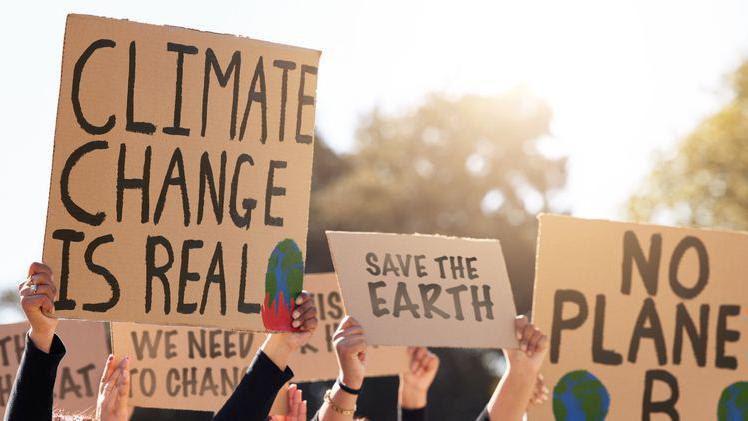
The UN’s World Meteorological Organization (WMO) has said that 2024 is on track to be the world’s warmest year on record.
The WMO says that the global average temperature between January and September has been around 1.54C above those of the late 19th century.
The United Nations Climate Change Conferences are some of the largest international meetings on climate issues in the world.
With so many world leaders gathered in one place, they offer potential for global agreements and action that countries wouldn't be able to do alone.
At COP21 in Paris, a goal of limiting long-term global temperature rises to 1.5C was agreed to by nearly 200 countries.
The UN's climate body, the Intergovernmental Panel on Climate Change (IPCC), says a 1.5C target is crucial to avoid the most damaging impacts of climate change.
It is hoped that COP29 will help keep this goal alive.
What will COP29 focus on?
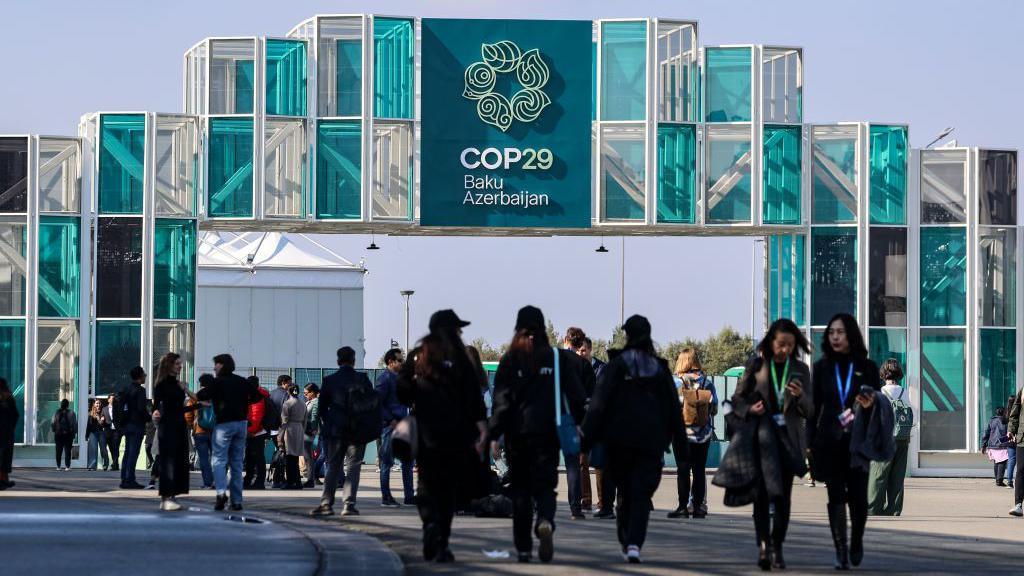
Some of the main issues due to be discussed include how to limit long-term global temperature rises and how countries can help smaller and poorer nations cope with the growing impacts of climate change.
Under the Paris agreement signed in 2015, world leaders promised to try to prevent global temperatures rising by more than 1.5C.
For that to happen, countries need to increase their efforts to cut warming gases.
COP29 will also be looking to progress other deals made at previous COP summits.
Two years ago at COP27, the summit agreed to help poor countries with the costs of climate-driven disasters such as extreme floods, storms or drought.
That goal is also due to be discussed with hopes an agreement can be made on how much money should go each year to helping developing countries cope with climate change and how best to support their move away from fossil fuels.
Why do some think COP29 is controversial?
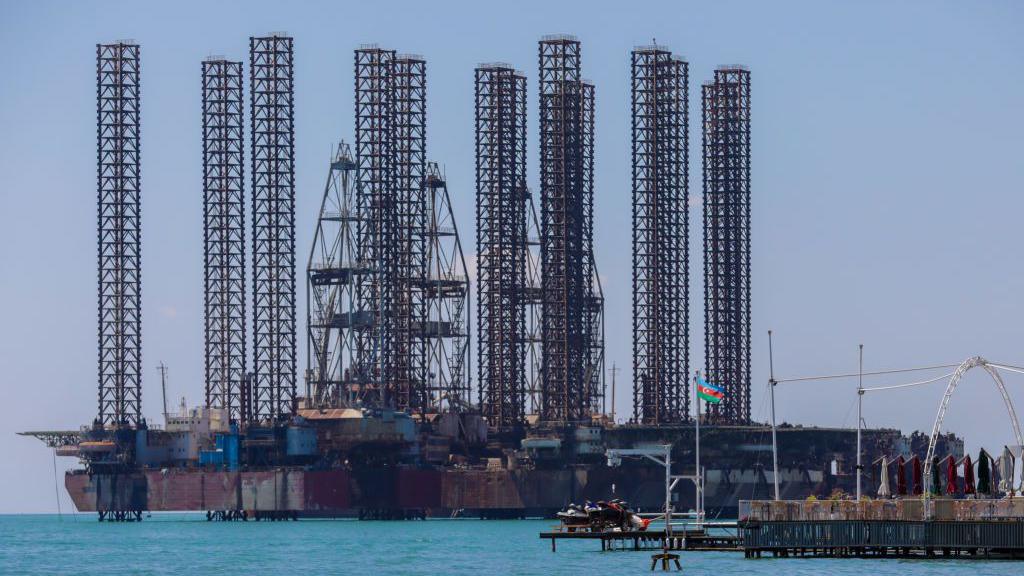
Fossil fuels make up more than 90% of Azerbaijan’s exports - in fact the country is one of Europe’s biggest suppliers of oil and gas.
Many experts worry that Azerbaijan’s reliance on fossil fuels means it can’t get a strong deal on climate - but others say everyone needs to be at the table to solve climate change.
Some organisations have also expressed concern over Azerbaijan’s human rights record.
